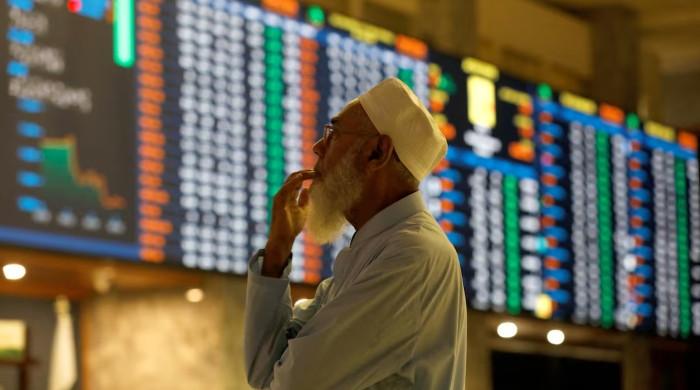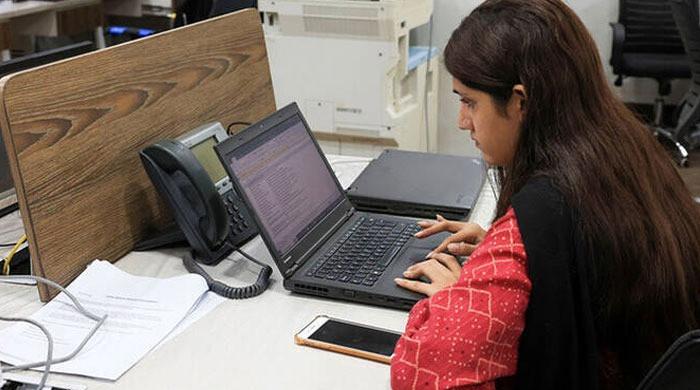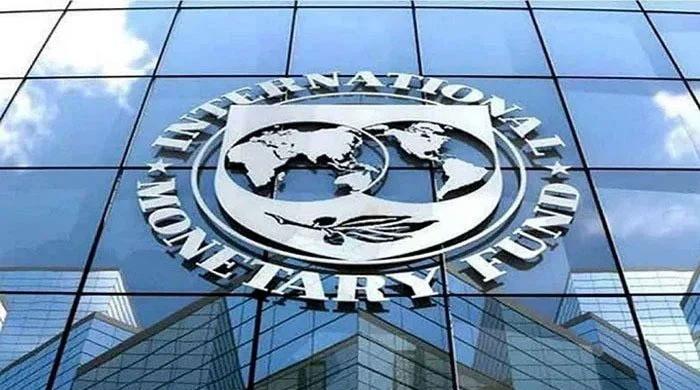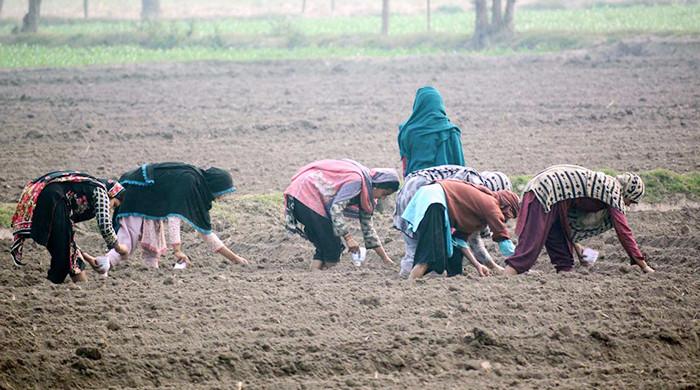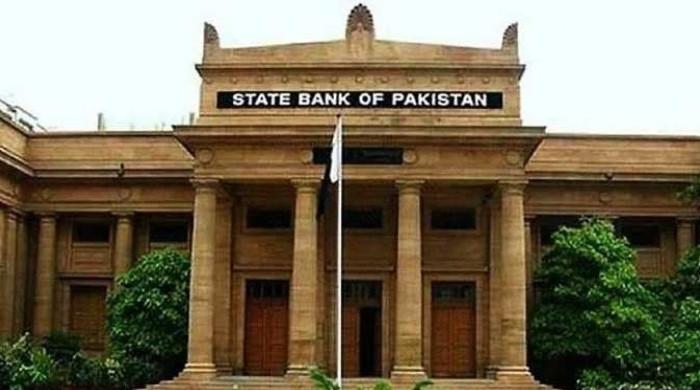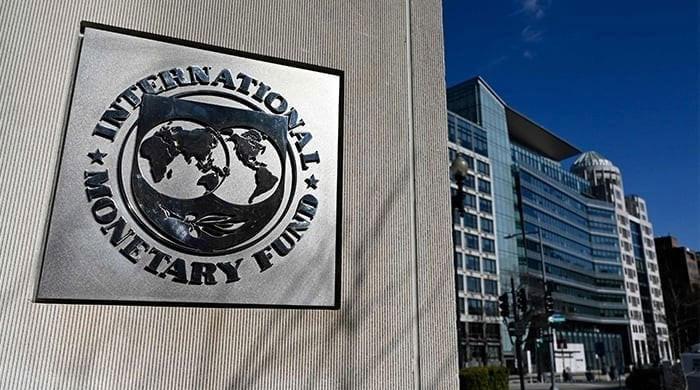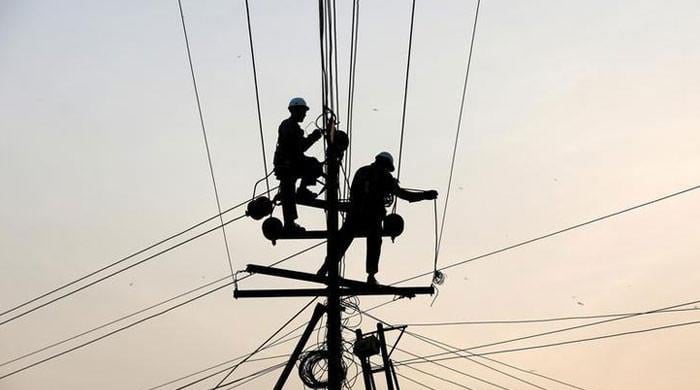From start to finish — How Airlift lost the start-up race?
Pakistan is currently facing a slew of startups that have hit a wall as venture capitalists curb investing in region
September 13, 2022
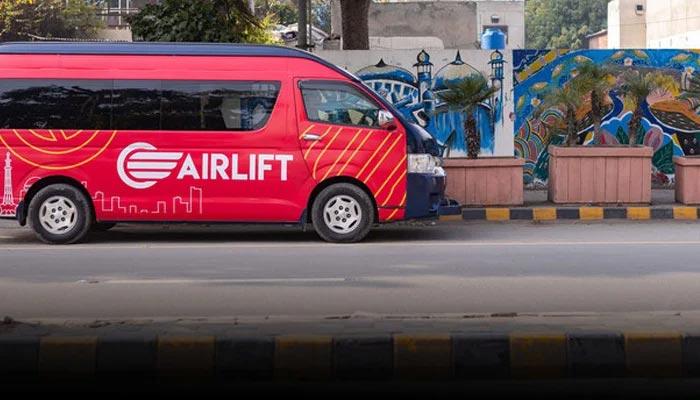
Pakistan is currently facing a slew of startups that have hit a wall as venture capitalists curb investing in the region in favour of countries and industries they consider less risky.
Among others that faced the wrath of the economic turmoil was Airlift Technologies Pvt — one of Pakistan’s most prominent startups — that raised a record high funding a year earlier.
In early July, the founders were gearing up to raise more cash for expansion; however, within a week their plans came crashing down.
Read more: Airlift decides to 'permanently' shut down operations amid global recession
It should be noted that Airlift had raised $85 million a year earlier — a record for the country — and had curbed spending in a bid to appeal to investors as it worked toward a fresh round.
But then the major financer pulled back, leaving Airlift with no capital to continue and forcing it to abruptly shut down. Consequently, the startup venture collapsed underscoring how severely the global rout in tech valuations was affecting fragile startups in emerging markets.
Co-founder Usman Gul, in an interview, said: “The entire team, including myself, was taken by surprise when the round fell apart at the final moment. The airlift was not prepared for the shift in sentiment in capital markets.”
It became difficult to convince investors to put their money by promising them healthy growth and progress towards profitability as global economic slowdown and slumping tech stocks weighed on their investment decisions.
The 33-year-old admitted that one of the firm’s mistakes was not to raise more funds last year when the markets were more favourable.
This year because of the uncertain economic conditions, investors’ attention has turned from growth to earnings potential, bringing startups’ business models under more intense scrutiny.
Read more: Startup investment grows by leaps and bounds in 2021
In order to save their brainchild, the owners also downsized a third of its employees, reduced the target size of the round and lowered its valuations. However, things didn’t work out in their favour.
Gul, without revealing the main investor’s name narrated: “The company appeared to have the commitments it needed as it sent the final documents to investors on July 5. But just two days later, things took a turn for the worse. The lead backer delayed sending the money, wanting more investors to wire funds together with it.
“The other investors asked for two to three months, citing fears of a global recession and downturn in capital markets. Less than a week into the negotiations, the company’s coffers had dried up and the company had no option but to wind down its business.”
He further added: “The biggest miss on our end is not prioritising a multi-stage institutional investor. You need that multi-stage institutional investor, someone like Accel or Sequoia, who believes in the project and can write larger checks.”
Airlift helped shine a spotlight on Pakistan with its record funding round that stood out during what turned out to be a breakout year for the Pakistan startups -- they raised a record of more than $350 million in 2021.
Read more: Pakistani startup raises country's largest-ever Series A investment
However, the pace of fundraising has slowed since, prompting companies to put the brakes on their expansion plans. Vitol-backed VavaCars has exited Pakistan, Dubai-based Swvl Holdings has paused daily rides in the country and Uber Technologies Inc. unit Careem Inc. has halted its food-delivery business.
“We intend to learn from this experience,” Gul said. “Market turnarounds are a reality that requires better planning and preparation on our end.”





